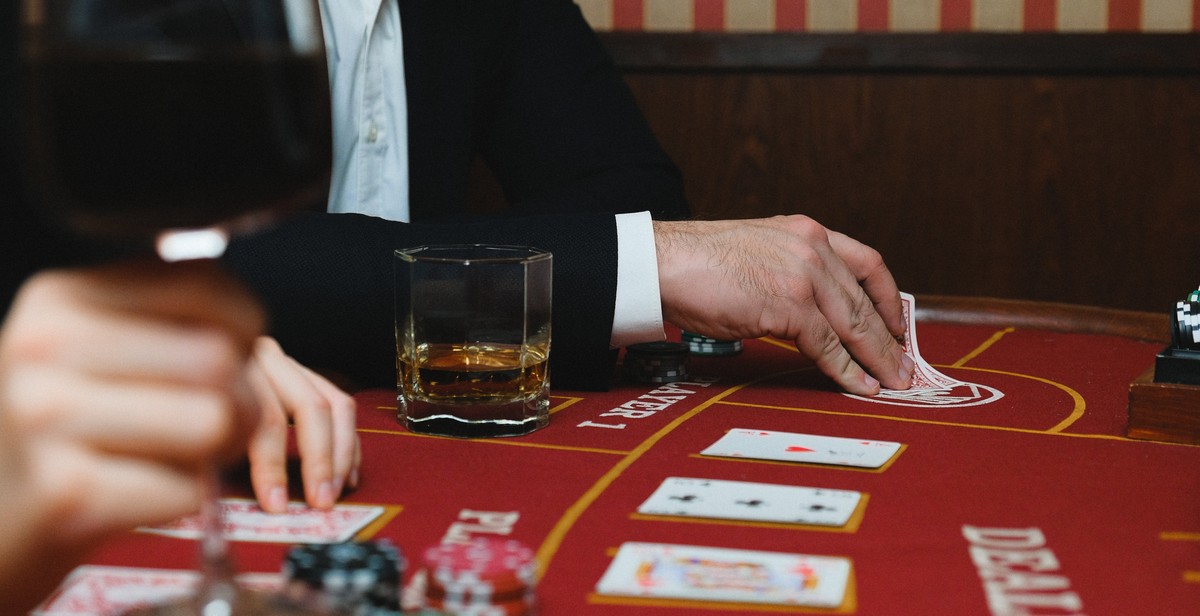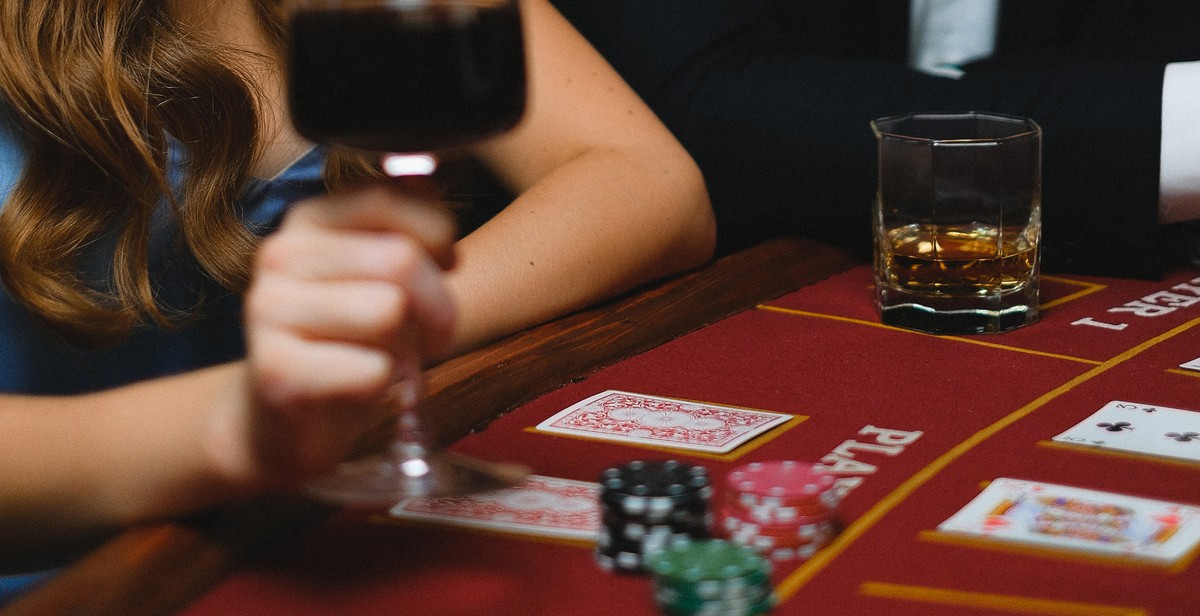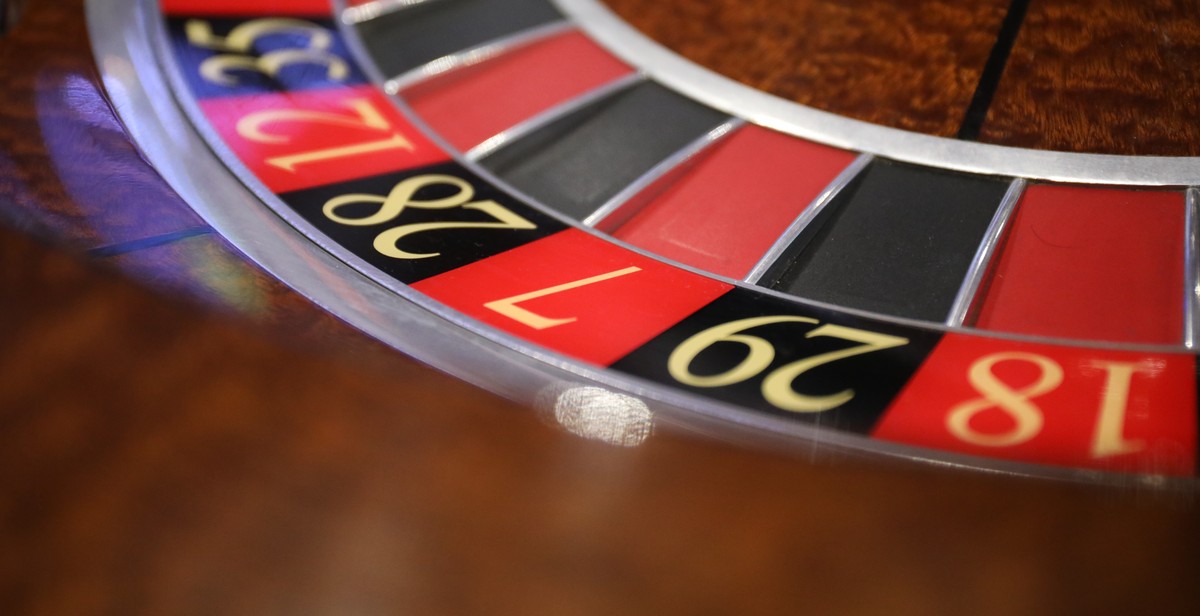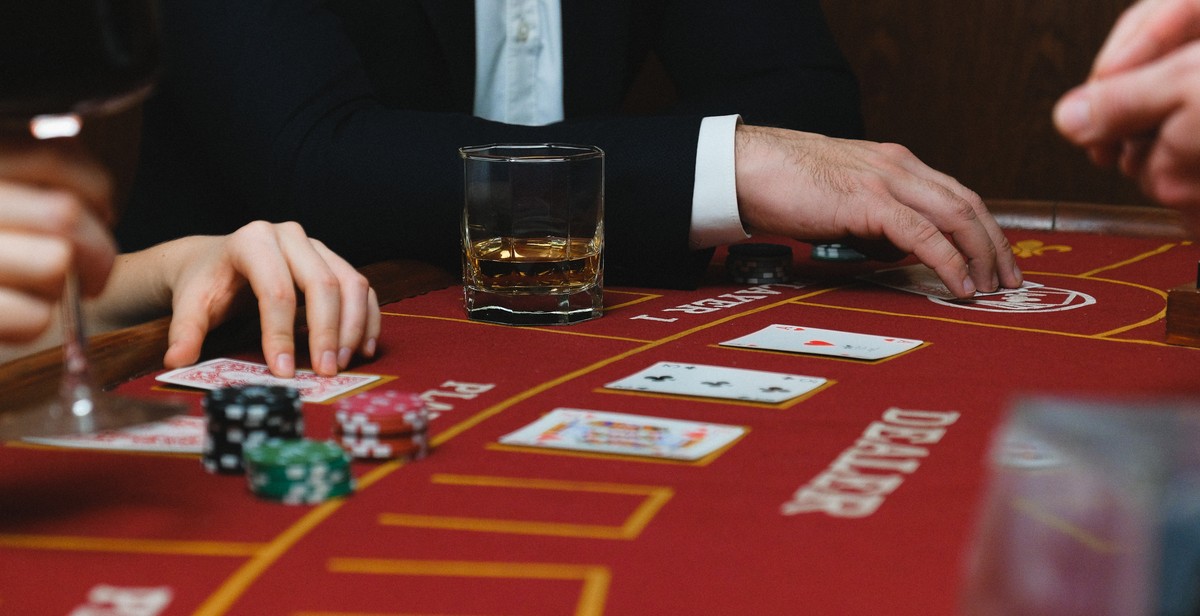The Dark Side of Gambling Addiction: Signs and Symptoms to Watch Out For
Gambling addiction, also known as compulsive gambling or pathological gambling, is a serious and often overlooked problem that affects millions of people around the world. It is a type of behavioral addiction that can lead to financial ruin, relationship problems, and even mental health issues.
While gambling can be a fun and entertaining activity for many people, it can become a problem when it starts to interfere with daily life. Gambling addiction is characterized by a persistent and uncontrollable urge to gamble, despite the negative consequences that may result.
What is Gambling Addiction?
Gambling addiction is a type of impulse control disorder that involves the inability to resist the urge to gamble, even when it is causing harm to oneself or others. It is often associated with other mental health conditions such as depression, anxiety, and substance abuse.
People with gambling addiction may experience a range of symptoms, including preoccupation with gambling, increased frequency or duration of gambling, and the need to gamble with increasing amounts of money to achieve the desired level of excitement.
- Signs of gambling addiction may include:
- Spending more money than intended on gambling
- Lying about gambling habits or hiding losses from loved ones
- Feeling restless or irritable when attempting to stop gambling
- Borrowing money or engaging in illegal activities to fund gambling
- Experiencing negative consequences such as financial problems, relationship issues, and legal troubles
If you or someone you know is struggling with gambling addiction, it is important to seek help as soon as possible. There are many resources available, including counseling, support groups, and treatment programs, that can help individuals overcome this debilitating condition.

The Dark Side of Gambling Addiction
Gambling addiction is a serious problem that affects many people around the world. While some people may think that gambling is just harmless fun, the reality is that it can have a devastating impact on a person’s life. In this section, we will explore the dark side of gambling addiction and the signs and symptoms to watch out for.
Financial Problems
One of the most obvious signs of gambling addiction is financial problems. People who are addicted to gambling will often spend more money than they can afford to lose. They may borrow money from friends and family, take out loans, or even resort to stealing in order to fund their gambling habit. As a result, they may find themselves in a cycle of debt that is difficult to escape.
Financial problems can also lead to other issues, such as job loss, foreclosure, and bankruptcy. In some cases, people may even turn to illegal activities in order to make money to continue gambling.
Mental Health Issues
Gambling addiction can also have a serious impact on a person’s mental health. People who are addicted to gambling may experience anxiety, depression, and other mental health issues as a result of their addiction. They may feel guilty or ashamed about their behavior, which can lead to feelings of isolation and loneliness.
In some cases, gambling addiction can also lead to suicidal thoughts and behaviors. This is why it is important for people who are struggling with gambling addiction to seek help as soon as possible.
Relationship Problems
Gambling addiction can also have a negative impact on a person’s relationships. People who are addicted to gambling may neglect their relationships with friends and family in favor of gambling. They may lie or hide their behavior from loved ones, which can erode trust and strain relationships.
In some cases, gambling addiction can even lead to domestic violence and other forms of abuse. This is why it is important for people who are struggling with gambling addiction to seek help not only for themselves, but also for the sake of their loved ones.
- Financial problems: Addiction can lead to debt, job loss, foreclosure, and bankruptcy.
- Mental health issues: Addiction can cause anxiety, depression, guilt, and even suicidal thoughts and behaviors.
- Relationship problems: Addiction can strain relationships with friends and family, and even lead to domestic violence and other forms of abuse.

Signs and Symptoms of Gambling Addiction
Gambling addiction, also known as compulsive gambling, is a serious problem that affects many people around the world. It can lead to financial ruin, strained relationships, and even mental health issues such as depression and anxiety. If you or someone you know is struggling with gambling addiction, it’s important to be aware of the signs and symptoms so that you can get help as soon as possible.
Preoccupation with Gambling
One of the most common signs of gambling addiction is a preoccupation with gambling. This means that the person is constantly thinking about gambling, even when they’re not actually gambling. They may spend a lot of time researching gambling strategies, or they may constantly talk about their past gambling experiences.
Increasing the Amount of Money Wagered
Another sign of gambling addiction is when a person starts to increase the amount of money they wager. They may start out with small bets, but as their addiction worsens, they may start to bet larger and larger amounts of money in an attempt to recoup their losses.
Chasing Losses
Chasing losses is another common symptom of gambling addiction. This means that the person continues to gamble in an attempt to win back the money they’ve lost. They may keep gambling even when they’re losing, and they may feel like they can’t stop until they’ve won back all of their money.
Lying About Gambling
People with gambling addiction often lie about their gambling habits. They may lie about how much money they’ve lost, or they may lie about how often they gamble. They may also lie to cover up the extent of their addiction from friends and family.
Borrowing Money to Gamble
Another common symptom of gambling addiction is borrowing money to gamble. This can lead to financial ruin, as the person may borrow money from friends, family members, or even loan sharks in an attempt to fund their addiction.
Neglecting Responsibilities
People with gambling addiction may neglect their responsibilities in order to gamble. They may skip work or school, neglect their family responsibilities, or even neglect their own personal hygiene in order to gamble.
Using Gambling as an Escape
Some people with gambling addiction use gambling as a way to escape from their problems. They may use gambling as a way to cope with stress, anxiety, or other negative emotions.
Experiencing Withdrawal Symptoms
Finally, people with gambling addiction may experience withdrawal symptoms when they try to stop gambling. These symptoms can include anxiety, depression, irritability, and even physical symptoms such as headaches or stomachaches.
If you or someone you know is exhibiting any of these signs or symptoms, it’s important to seek help as soon as possible. Gambling addiction is a serious problem that can have devastating consequences, but with the right treatment, it is possible to overcome.

Getting Help for Gambling Addiction
While gambling addiction can be a difficult issue to overcome, it is possible to find help and support to manage the problem. There are several self-help strategies, professional help, and support groups available to help individuals struggling with gambling addiction.
Self-Help Strategies
Self-help strategies can be effective in managing gambling addiction, especially in the early stages. Here are some self-help strategies that can help:
- Admitting the problem and accepting responsibility for it
- Avoiding triggers and situations that can lead to gambling
- Setting limits on time and money spent on gambling
- Keeping a gambling diary to track thoughts and feelings
- Engaging in alternative activities such as exercise or hobbies
- Seeking support from family and friends
Professional Help
Professional help can be beneficial for individuals with severe gambling addiction. Here are some professional help options:
- Therapy: Therapy can help individuals with gambling addiction identify triggers, develop coping strategies, and manage the urge to gamble. Cognitive-behavioral therapy (CBT) is a type of therapy that is particularly effective in treating gambling addiction.
- Medication: Medication can be prescribed to treat underlying mental health issues that contribute to gambling addiction, such as depression or anxiety.
- Residential treatment: Residential treatment programs provide a structured environment for individuals with severe gambling addiction. These programs offer therapy, support groups, and other resources to help individuals overcome their addiction.
Support Groups
Support groups can be a valuable resource for individuals with gambling addiction. Here are some support group options:
- Gamblers Anonymous: Gamblers Anonymous is a 12-step program that provides support and guidance to individuals with gambling addiction. Meetings are held regularly and are free to attend.
- SMART Recovery: SMART Recovery is a self-help program that uses cognitive-behavioral therapy techniques to help individuals overcome addiction. The program is free to attend and offers online and in-person meetings.
- National Council on Problem Gambling Helpline: The National Council on Problem Gambling Helpline offers free, confidential support and resources for individuals with gambling addiction and their families.

Conclusion
Gambling addiction is a severe mental health disorder that can have devastating consequences for individuals, families, and communities. It is essential to recognize the signs and symptoms of gambling addiction and seek help as soon as possible.
Signs and Symptoms of Gambling Addiction
- Preoccupation with gambling
- Increasing amounts of time and money spent on gambling
- Lying about gambling activities
- Borrowing money to gamble
- Chasing losses
- Neglecting responsibilities and relationships
If you or someone you know is experiencing any of these symptoms, it is crucial to seek help. There are many resources available, including support groups, counseling, and treatment programs, that can help individuals overcome their addiction and regain control of their lives.
The Importance of Seeking Help
Gambling addiction is a serious problem that can lead to financial ruin, emotional distress, and even suicide. It is not something that can be overcome alone, and seeking help is the first step towards recovery.
Remember, gambling addiction is a treatable condition, and recovery is possible. With the right support and resources, individuals can overcome their addiction and live a fulfilling and healthy life.
Don’t Wait, Seek Help Today
If you or someone you know is struggling with gambling addiction, don’t wait to seek help. Contact a mental health professional or a support group today and take the first step towards recovery.



